
Radar | Feb 16,2019
Sep 6 , 2020
By Christian Tesfaye
Almost past the whirl that is 2012, it is hard to wonder whether or not the Mayans' prediction of earth’s destruction applied to the Ethiopia's Julian calendar.
A more interesting traditional belief held concerning 2012 though is the Sene-Segnosuperstition. If the first day of the month of Sene- which falls between June and July - falls on a Monday, aka Segno, the popular belief says that it is likely to be a bad year. Amusingly enough, 2012 in Ethiopia's Julian calendar was a terrible year. The superstition - coincidentally - turned out to be prophetic.
This is subjective, admittedly. Some people had a great year. Jeff Bezos, founder and CEO of Amazon, stood on the necks of “essential” employees who had to risk catching a virus to carry him to a worth of 200 billion dollars. The year worked out very nicely for him.
But he has got to be in the minority. This year was marked by global public health and economic - and to a certain extent, political - upheaval. The same is true for Ethiopia.
Let us start from the most tasking, our political situation. In terms of people displaced, it did not seem to be too bad this year, especially compared to the over three million people that were internally displaced in 2018. Things have calmed down a bit, at least on the physical displacement front.
But 2012 was what made it clear that political settlement is not possible. The unfortunate death of Hachalu Hundessa, musician and political activist, will likely be remembered in Ethiopia’s political history as the death knell on any meaningful and inclusive political accommodation as far as the post-2018 political challenges are concerned.
Similar political unravellings have happened before, but this event was different in one major way. In the 2012 Ethiopian year, it was shown that there is no social capital for democracy. It became obvious that we have more than just one or two political actors that are spoiling democratisation. Almost every political force in the country remains uncommitted to democracy, because their respective constituencies reject compromise. It was a chilling reminder of what may never come.
Then there was a global pandemic brought to us through our screens in the style of a biblical plague. We saw cases of the Novel Coronavirus (COVID-19) pandemic rising exponentially by the day, people hooked to machines barely able to breathe, health workers weeping and death numbers increasing. We were told to stop socialising, to hide our grandparents and to wear masks at all times while in public. Staying away from each other is now the best thing we can do for others.
Many of us did not take these steps, and the pandemic spread. Cases have risen to over 50,000, and deaths are now being registered in the hundreds, closing in on the thousands.
Arguably, the severest impact of the pandemic has not been on public health but on the economy. The virus has essentially shut off tourism, and lockdown measures put in place have slowed down business. It affected an economy that was already being badgered by political instability and negatively impacted a public whose food insecurity was already projected to be affected for the worst by a desert locust invasion.
Business activity, despite government interventions, and what few indicators there are showed that job growth and household incomes have been hampered. Growth is projected to have been halved as a result, according to international monetary institutions, and in the negative by some local economists.
From instability to public health challenges to an economic slowdown, 2012 was thus a trifecta of bad luck. I have not even mentioned that this year saw one of the coldest seasons Addis Abeba has experienced in recent times or the almost half a million people impacted by flooding, including in the Somali, Oromia, Afar, Southern Nations Nationalities & People's (SNNP), Dire Dawa and Harari regional states. Oh, and let us not forget the plague of locusts that devastated crops across the country. It is the worst infestation the region has experienced in decades.
In a way though, we might have been lucky. If this was what was needed to help us realise what is at stake – to remind us of all that we hold for granted – then we might have escaped relatively scot-free. The 20th-century human societies needed the devastation of World War II to make them come to their senses and work to co-operate at least on basic security and poverty-related issues. If the events of this year is what was needed to bring us out of our reverie – in Ethiopia as in the rest of the world – and nudge us to continually fight, lest progress be lost, then this might have been a good year. A year of lessons.
PUBLISHED ON
Sep 06,2020 [ VOL
21 , NO
1062]


Radar | Feb 16,2019

Radar | Nov 12,2022
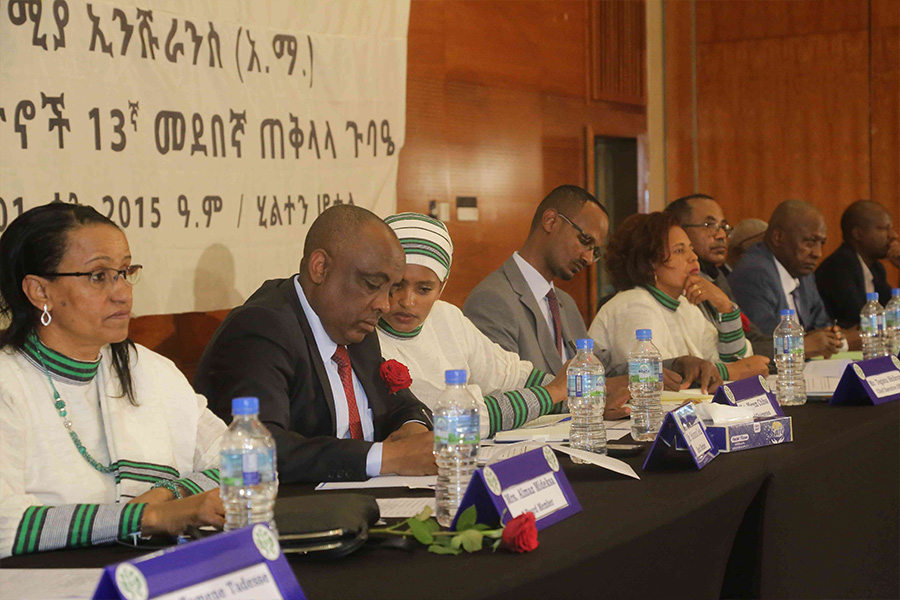
Fortune News | Feb 11,2023

Covid-19 | Jul 18,2021

Fortune News | Jan 30,2021
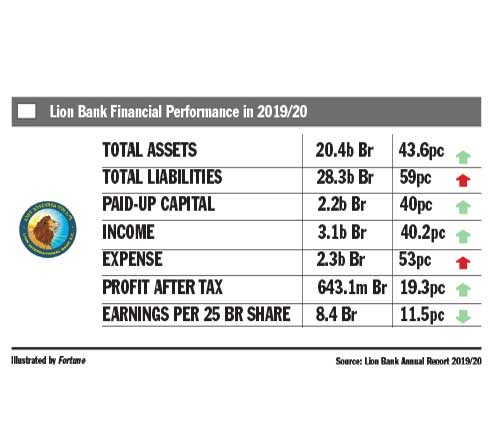
Fortune News | Mar 13,2021


Radar | Jun 14,2020
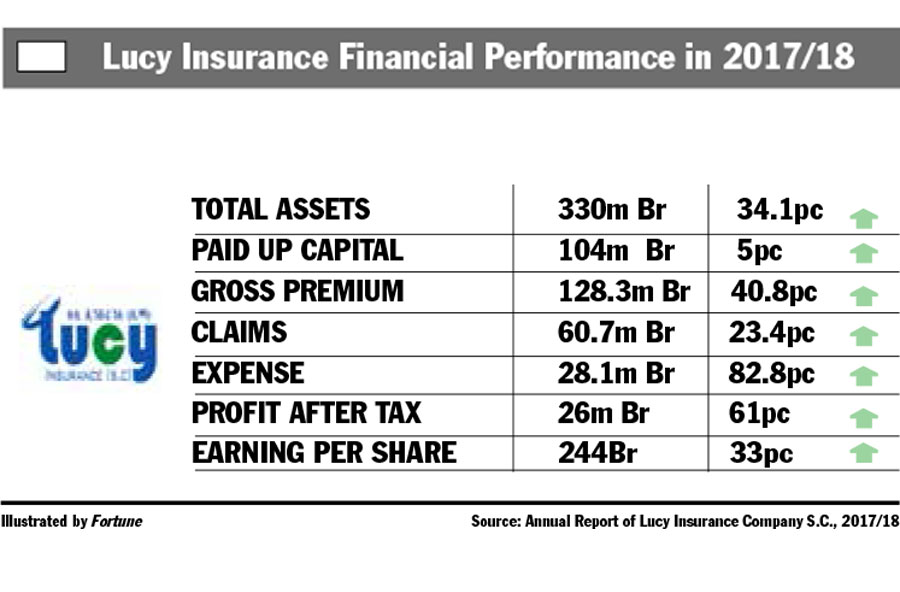
Fortune News | Dec 05,2018

Fortune News | Mar 23,2019

My Opinion | 108813 Views | Aug 14,2021

My Opinion | 105210 Views | Aug 21,2021

My Opinion | 104020 Views | Sep 10,2021

My Opinion | 103320 Views | Aug 07,2021

Jul 13 , 2024 . By AKSAH ITALO
Investors who rely on tractors, trucks, and field vehicles for commuting, transportin...

Jul 13 , 2024 . By MUNIR SHEMSU
The cracks in Ethiopia's higher education system were laid bare during a synthesis re...

Jul 13 , 2024 . By AKSAH ITALO
Construction authorities have unveiled a price adjustment implementation manual for s...

Jul 13 , 2024
The banking industry is experiencing a transformative period under the oversight of N...

Jul 20 , 2024
In a volatile economic environment, sudden policy reversals leave businesses reeling...

Jul 13 , 2024
Policymakers are walking a tightrope, struggling to generate growth and create millio...

Jul 7 , 2024
The federal budget has crossed a symbolic threshold, approaching the one trillion Bir...

Jun 29 , 2024
In a spirited bid for autonomy, the National Bank of Ethiopia (NBE), under its younge...
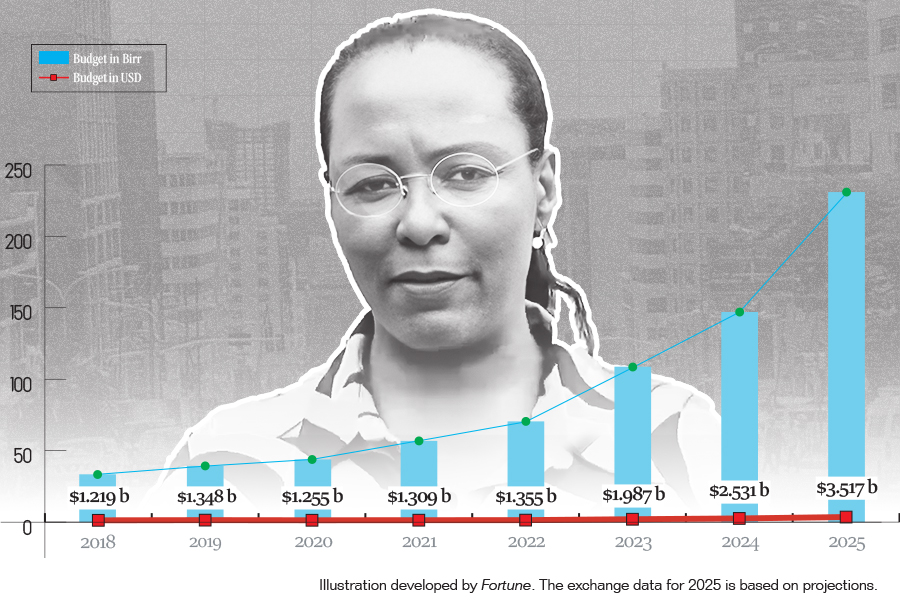
Jul 21 , 2024 . By TIZITA SHEWAFERAW
Mayor Adanech Abebie's Administration faced an audit report that unveiled a startling...
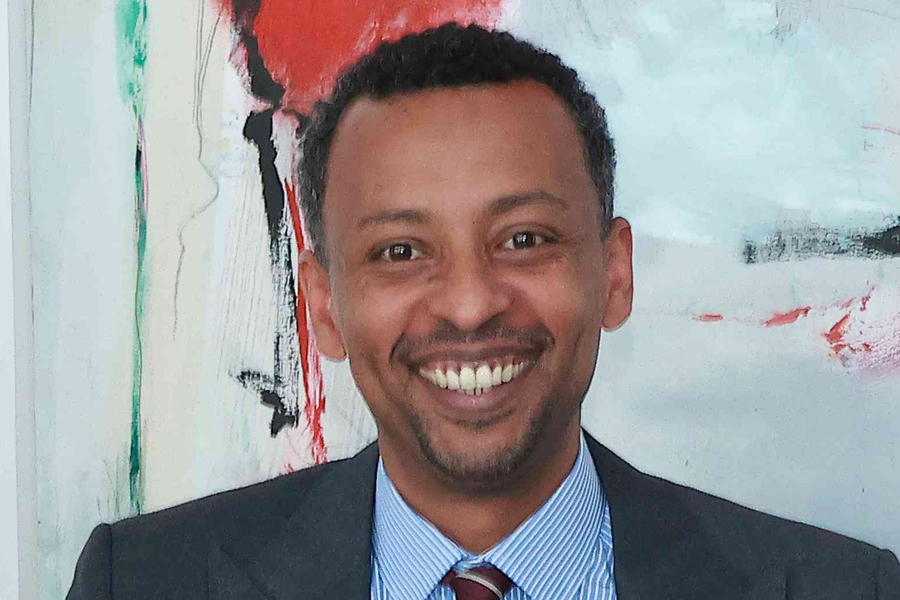
Jul 21 , 2024 . By AKSAH ITALO
Brook Taye (PhD), director general of the Ethiopian Capital Market Authority, has tak...
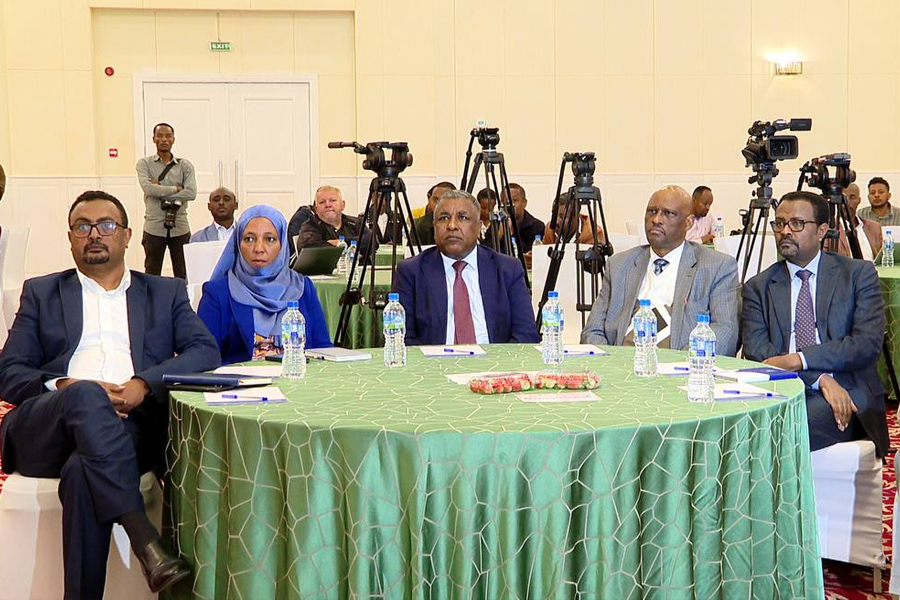
Jul 21 , 2024 . By AKSAH ITALO
Ethiopia's horticulture, a major source of foreign currency and employment, is facing...

Jul 21 , 2024 . By AKSAH ITALO
Commercial banks are now permitted to acquire equity shares in capital market service...